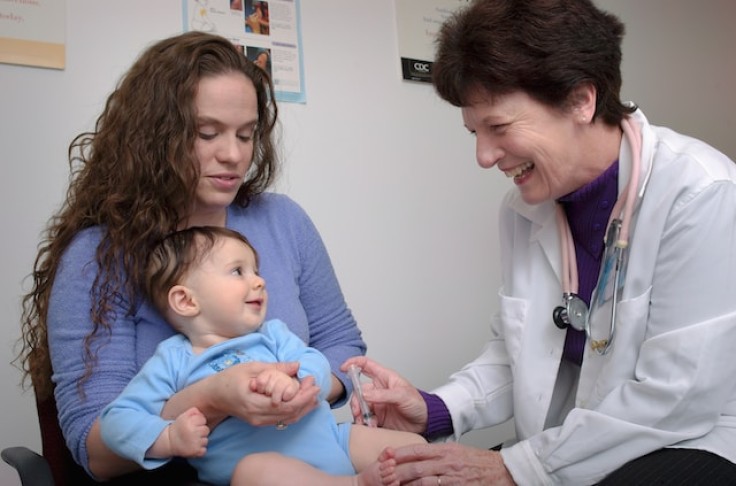
As a parent, one of the most important decisions you can make for your child's health is to adhere to the recommended vaccine schedule. Vaccines are not just a personal health choice. They are a community responsibility.
Your decision to vaccinate your child not only protects them but also contributes to a wider community's immunity, safeguarding those who are unable to be vaccinated due to medical reasons. Below is an expanded list of 10 essential vaccines that every child should receive, along with the science behind each.
1. Hepatitis B (HepB)
Starting at birth, the HepB vaccine is administered in three doses. It serves as a guard against hepatitis B, a viral infection affecting the liver. If untreated or unvaccinated, hepatitis B can evolve into chronic liver conditions, including cirrhosis and liver cancer, later in life.
2. Rotavirus
Rotavirus is a common virus that can lead to severe diarrhea, vomiting, and fever in infants. Dehydration resulting from these symptoms can become life-threatening. Given orally, this vaccine is administered at 2 and 4 months old.
3. Diphtheria, Tetanus, and Pertussis (DTaP)
This 5-in-1 vaccine is a powerhouse. It protects against diphtheria, which affects the throat and airways; tetanus, a nerve disease; and pertussis, commonly known as whooping cough. This vaccine is usually administered at 2, 4, 6, and 15-18 months, and again at 4-6 years. Each disease it protects against can lead to severe complications or death, making this vaccine critical.
4. Haemophilus influenzae type b (Hib)
Administered at 2, 4, 6, and 12-15 months, the Hib vaccine is effective against infections caused by Haemophilus influenzae type b bacteria. These can include life-threatening conditions like meningitis, pneumonia, and epiglottitis-a swelling that can close off the windpipe.
5. Pneumococcal (PCV13)
Pneumococcal bacteria can cause severe infections, ranging from ear and sinus infections to pneumonia, meningitis, and bacteremia (blood infections). Given at 2, 4, 6, and 12-15 months, this vaccine offers protection against 13 types of pneumococcal bacteria.
6. Polio (IPV)
While polio has been nearly eradicated, it's essential to continue vaccinations. Administered at 2, 4, and 6-18 months, and again at 4-6 years, the IPV vaccine protects against a disease that can lead to paralysis and sometimes death.
7. Measles, mumps, and rubella (MMR)
Given at 12-15 months and 4-6 years, the MMR vaccine covers three significant diseases. Measles can lead to severe complications, like encephalitis. Rubella is especially dangerous for pregnant women, as it can result in birth defects. Mumps can cause permanent deafness.
8. Varicella (chickenpox)
This vaccine is administered at 12-15 months and 4-6 years. It protects against chickenpox, a once-common illness that can lead to skin infections, scars, and pneumonia.
9. Hepatitis A
The Hepatitis A vaccine is given in two doses at 12-23 months and again 6-18 months later. Hepatitis A is a liver disease that, although generally less severe than Hepatitis B, can still be harmful, especially for young children.
10. Human Papillomavirus (HPV)
Usually given at 11-12 years old but can start as early as 9, the HPV vaccine is crucial for both boys and girls. It protects against certain types of cancers caused by HPV, including cervical cancer in women and throat cancer in men.
Navigating the world of childhood vaccinations can seem daunting, but pediatricians and healthcare providers are invaluable resources for clarifying any concerns or questions you may have. The vaccine schedule is meticulously designed to provide maximum efficacy and protection at the stages when your child is most vulnerable.
When you vaccinate your children, you not only secure their health but also contribute to a safer, healthier community for everyone. Trust the science, consult your healthcare provider, and offer your child a foundation for a healthy life.
Related Article: UNICEF COVID-19 Fuels Vaccine Hesitancy, Disrupting Childhood Immunization- Biggest Setback in 30 Years